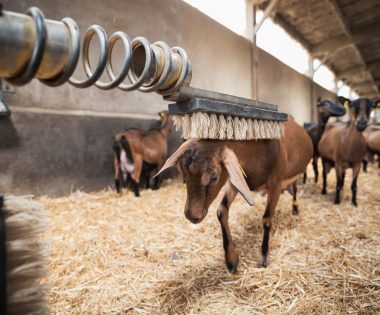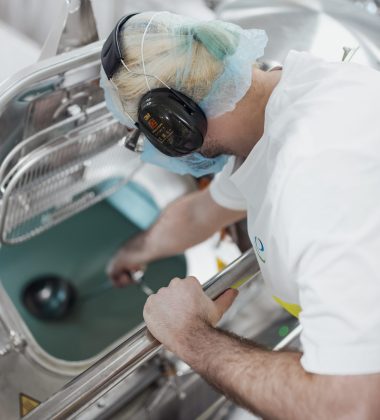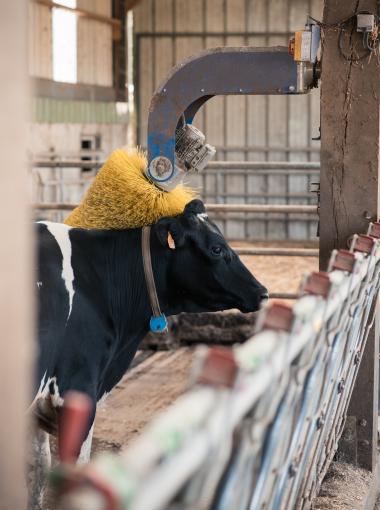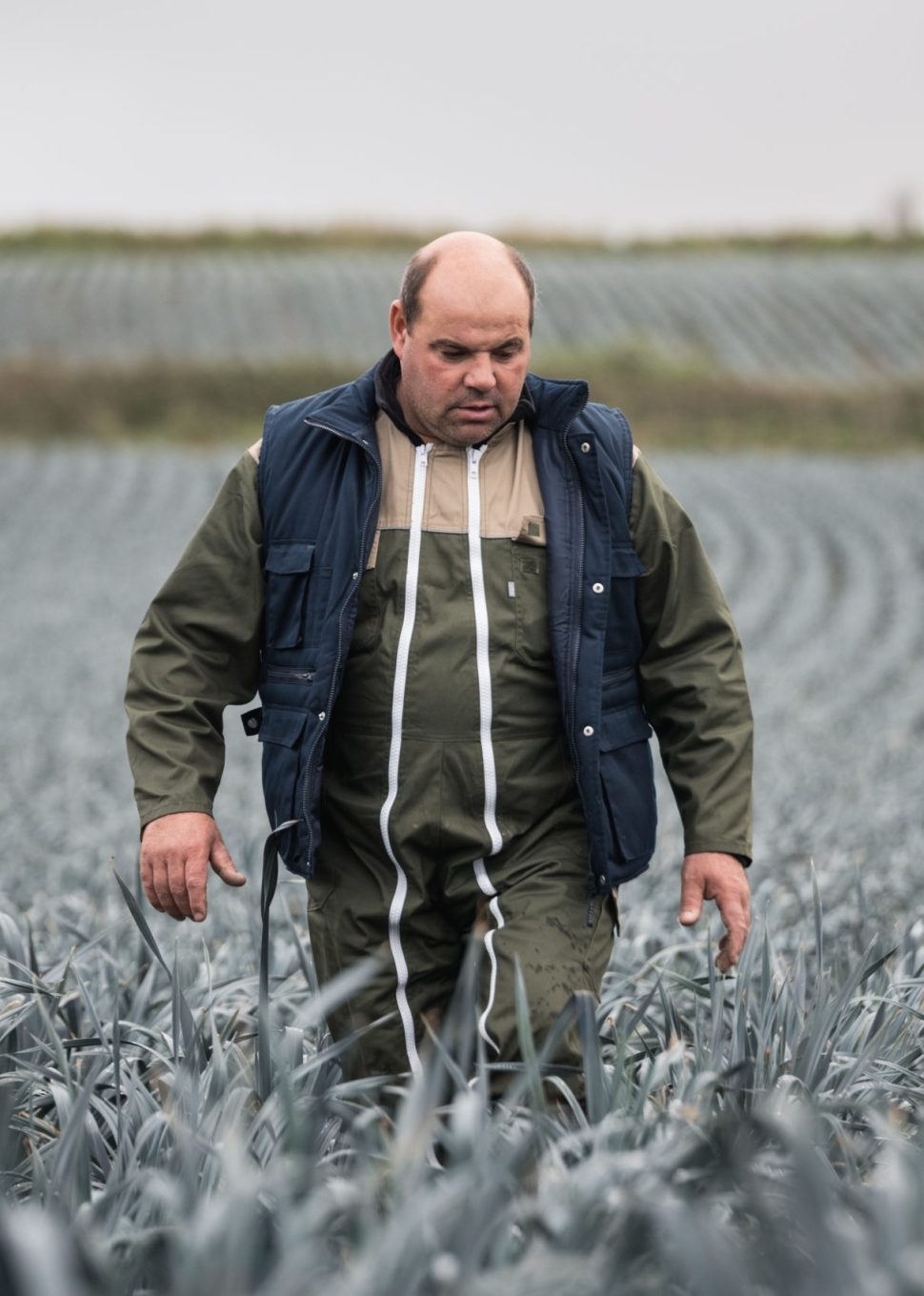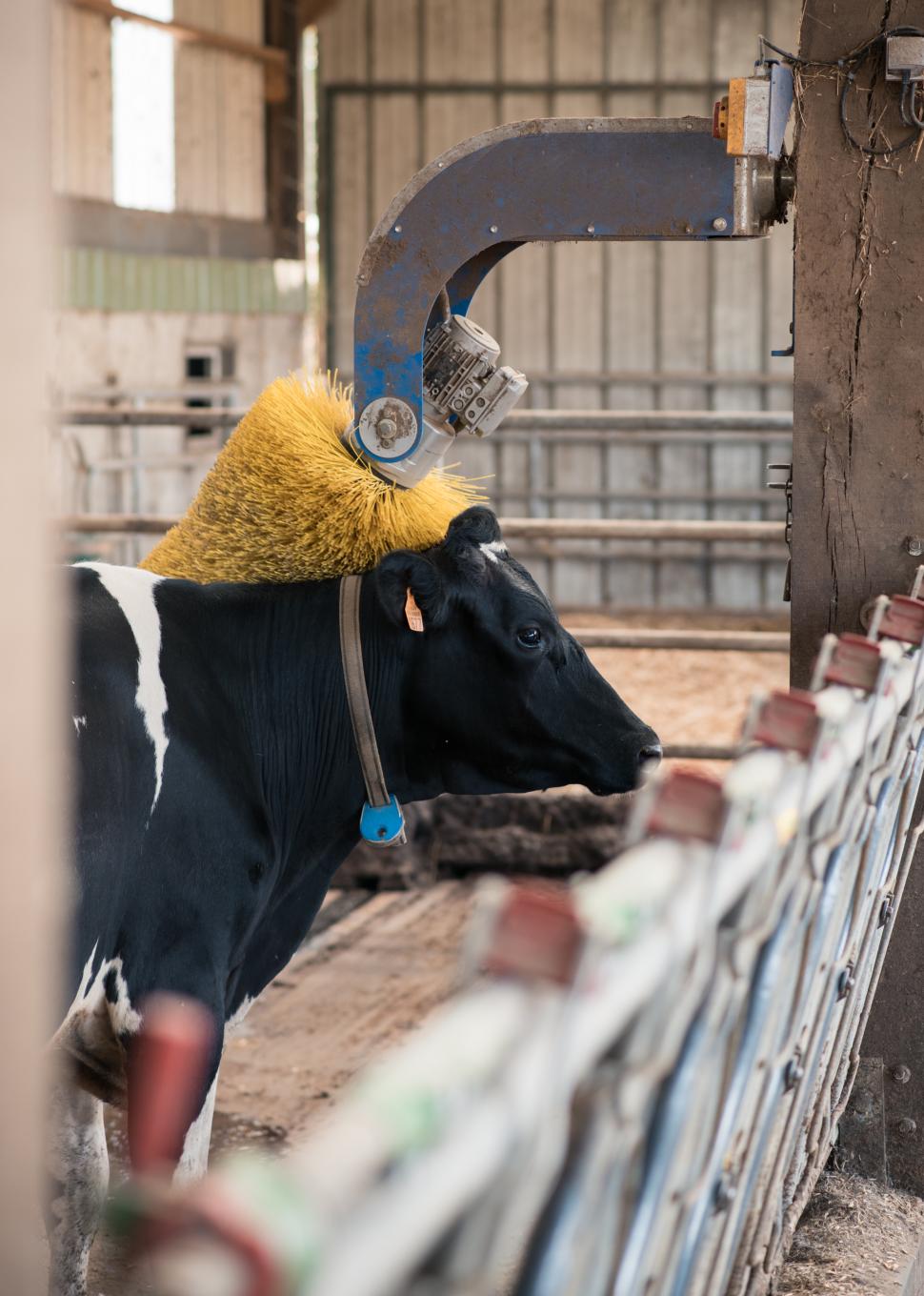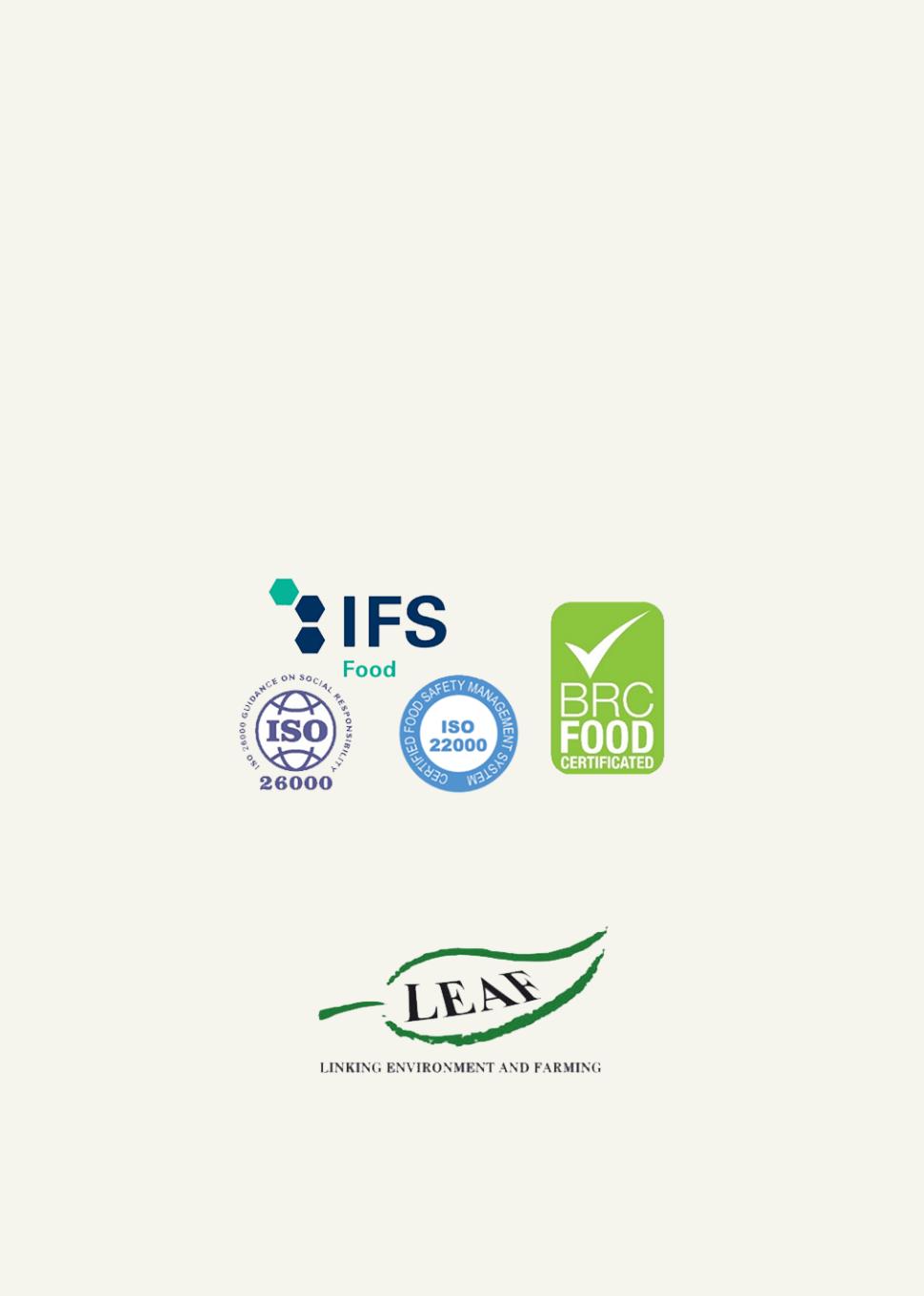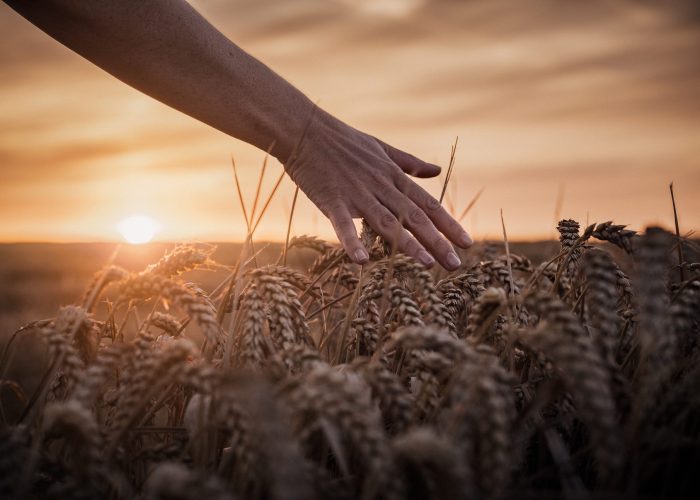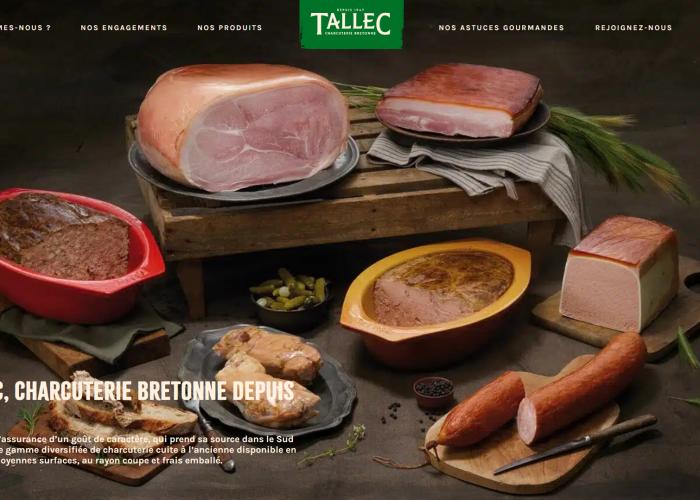Accelerating our transition to agroecology
Reducing our carbon footprint is central to our approach in terms of agroecology, but we prefer to adopt a broader definition that also encompasses key issues, such as animal welfare, reducing the use of synthetic chemical products, promoting biodiversity, etc.
Our Cooperative sees agroecology as an agronomic and husbandry challenge that requires us to rethink and implement agricultural practices and techniques that regenerate the soil, boost biodiversity and improve animal welfare so that we can market products with small environmental footprints, at the same time as securing a productive and rewarding form of agriculture for today’s producers and those of tomorrow.
-
+156%
increase in sales of our AL'terre native product range (which offers alternatives to synthetic chemical products) compared to 2018
-
34%
increase in the sales volume of GMO- and antibiotic-free feed for cattle, goats and horses compared to 2022
